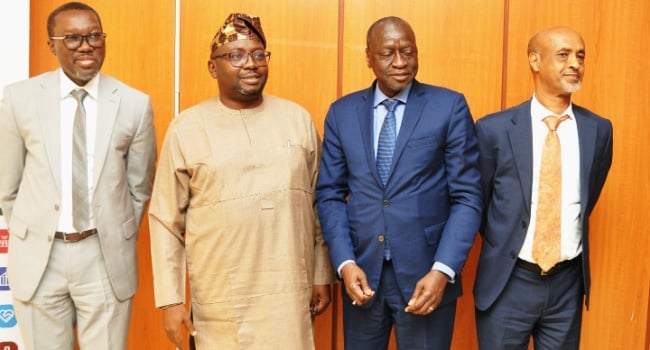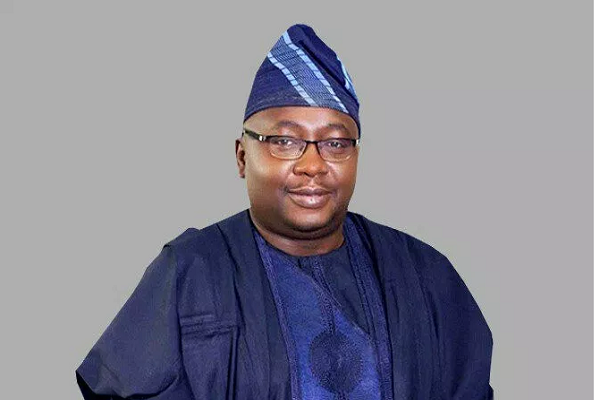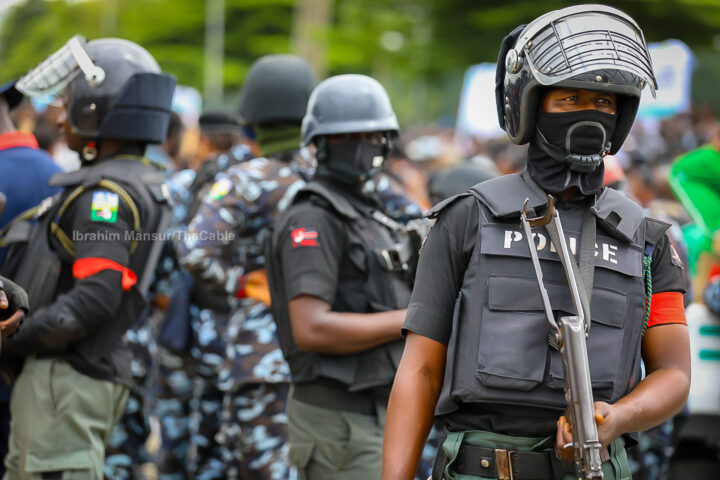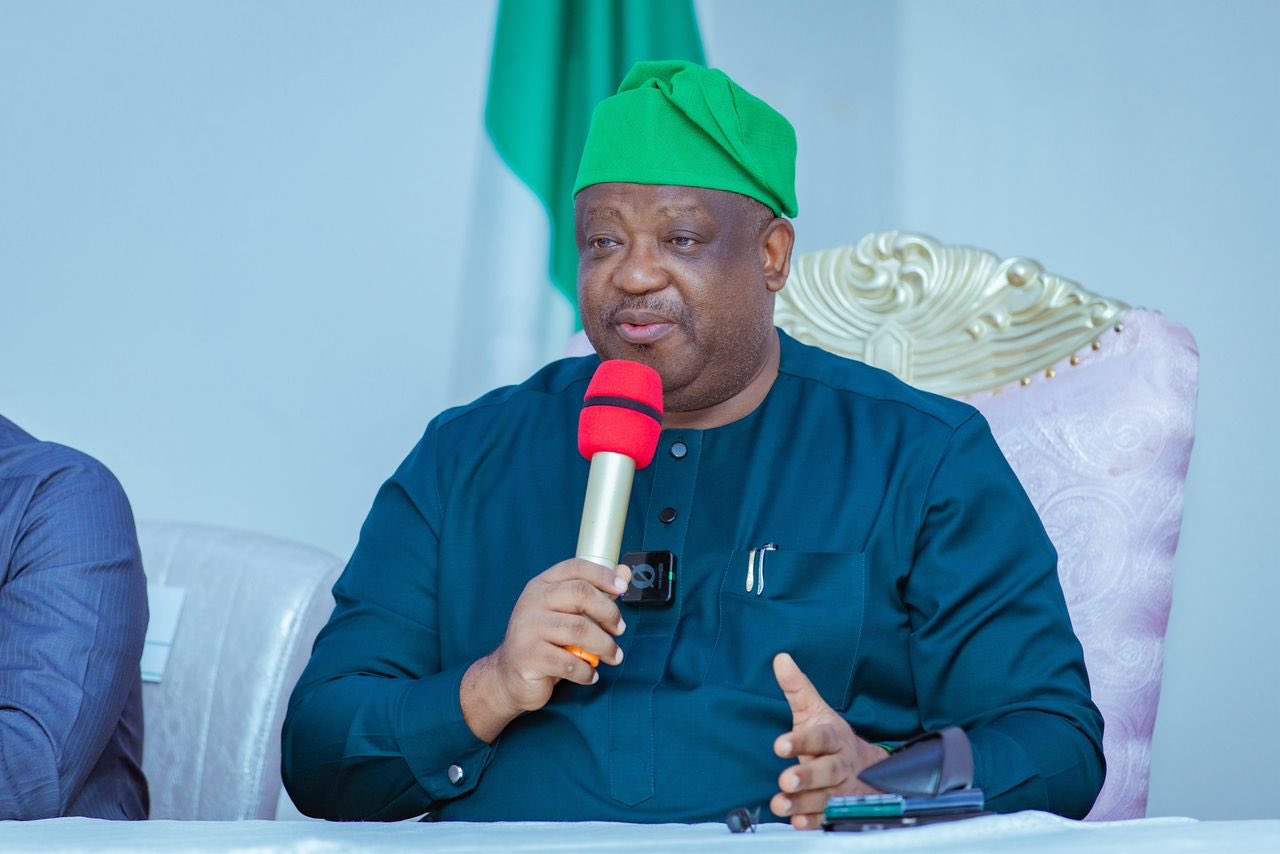Nigerian Power Minister Adelabu on National Grid Stability and Future Power Generation

Nigeria's Minister of Power, Adebayo Adelabu, has recently made headlines with a series of announcements and assessments regarding the state of the nation's power sector. Speaking at a ministerial press briefing, Adelabu outlined both the progress made under President Bola Tinubu's administration and the challenges inherited from previous governments. His statements offer a comprehensive overview of the current state of power generation and distribution in Nigeria, as well as future targets and strategies.
Adelabu began by addressing the historical inadequacies that have plagued Nigeria's power sector. He directly attributed the current issues to years of neglect and underinvestment by past administrations. According to a statement released by his special adviser, Bolaji Tunji, Adelabu emphasized that President Tinubu is deeply concerned with transforming the power sector and has pledged full support to achieve this goal. The minister acknowledged the vital role of development partners, particularly the World Bank, in supporting various aspects of the sector, including generation, transmission, distribution, and renewable energy.
"We actually have a past that we are not proud of. Over the years, we have only been paying lip service to transforming the power sector. We have not worked the talk," Adelabu stated, highlighting the need for a departure from past practices. He criticized the lack of maintenance of critical power infrastructure, such as transmission lines and transformers, and the pervasive issue of vandalism. Additionally, he pointed out the significant metering gap, with only six million meters for over 12 million customers, as a major impediment to stability in the sector.
A key point of contention was the comparison of power generation across different administrations. Adelabu noted that while Nigeria achieved 2,000 megawatts of power in 1984, it took another 40 years to add an additional 2,000 megawatts. In contrast, he claimed that the current administration has added an average of 5,800 megawatts within its first one and a half years. He also criticized the delayed implementation of the Siemens power deal, which was signed in 2019 but saw little progress until the Tinubu administration took office.
Looking ahead, Adelabu expressed optimism about the future of Nigeria's power sector. He announced an ambitious goal to generate and distribute 8,000 megawatts of electricity before the end of President Tinubu’s first term in 2027. According to Adelabu, the administration has already increased power generation by 1,700 megawatts in two years, a feat that previously took the country decades to achieve. "We have crossed the bar of 6,000 megawatts for the first time in the history of Nigeria’s power sector," he declared.
The minister also highlighted improvements in the national grid's capacity and stability. He stated that the Transmission Company of Nigeria (TCN) has strengthened the network by commissioning 61 new transformers, increasing the grid's operational capacity to 8.7 gigawatts. Adelabu proudly noted that the grid successfully evacuated 5,800 megawatts without collapsing, a significant improvement compared to the past when the grid would falter at 5,000 megawatts. He also mentioned the progress made in regionalizing the national grid, with approvals for eastern and western supergrids in progress, which aims to reduce the impact of localized failures on the entire network.
Furthermore, Adelabu reported that Nigeria has not experienced a national grid collapse in the first four months of 2025, signaling increased stability in electricity supply. He also noted a 70 percent increase in power sector revenue and a N700 billion reduction in tariff shortfall following the April 4, 2024 tariff hike for Band A electricity customers.
In summary, Minister Adelabu's briefing painted a picture of a power sector undergoing significant transformation under the current administration. While acknowledging the deep-rooted challenges and past failures, he expressed confidence in the ongoing reforms and future targets. The focus is on increasing generation capacity, strengthening the national grid, and ensuring a more stable and reliable electricity supply for all Nigerians. The achievement of these goals remains a critical factor in the country's broader industrialization and economic development.










